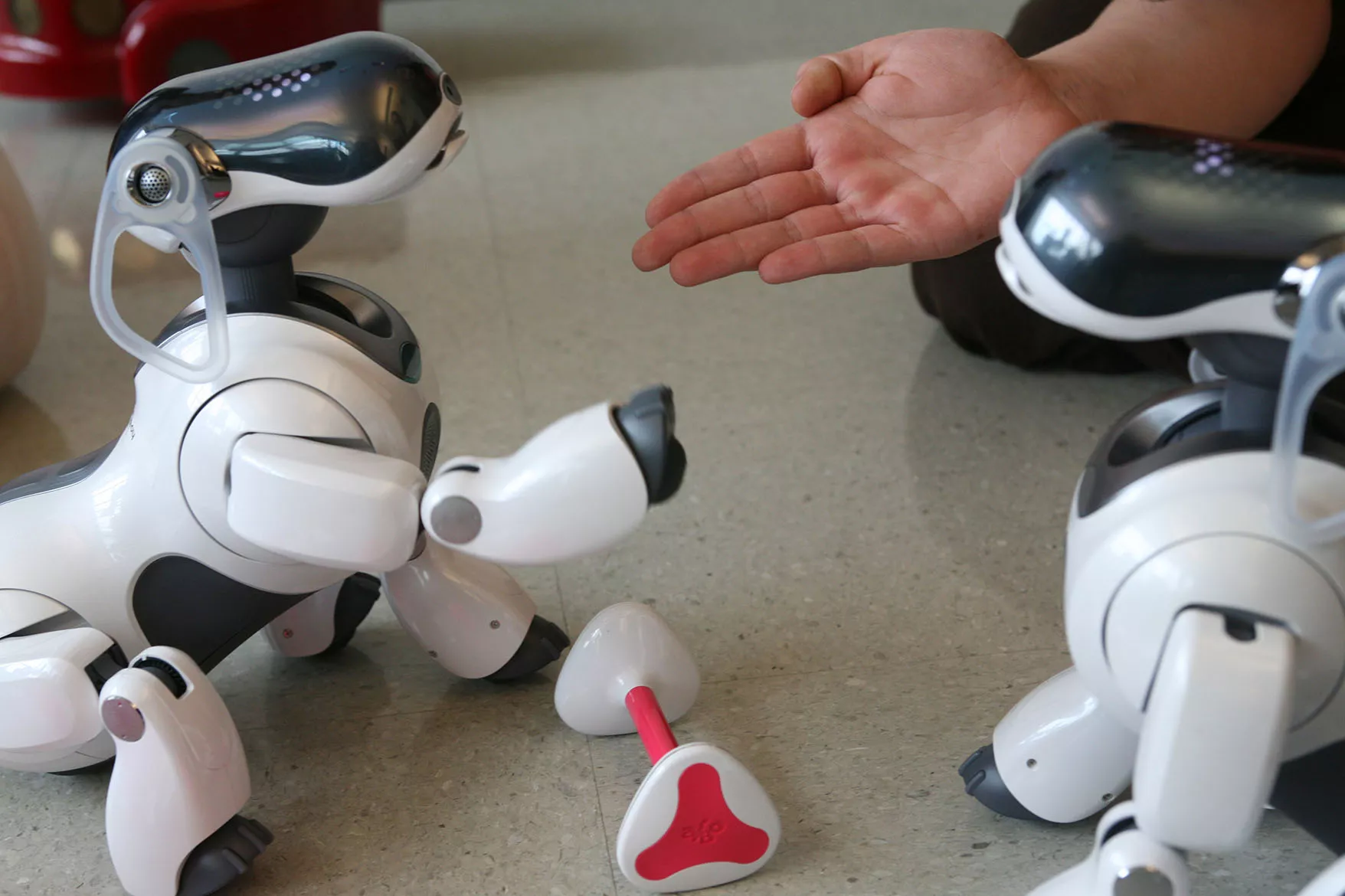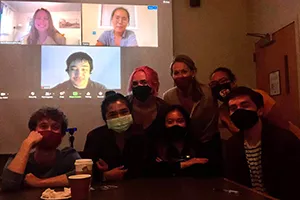-
What does it mean to think or have consciousness?
-
What are the relationships between mind and brain?
-
Are perception and knowledge objective?
-
How do we learn to use language?
-
Can we build intelligent robots?
These are the some of the questions addressed in the interdisciplinary field of cognitive science. Cognitive scientists approach these questions by studying the brain as a complex biological computing machine that receives, stores, transforms, and transmits information.
Swarthmore cognitive scientists explore the mental structures and physical properties that give rise to the mind’s capacity for perceiving the world, controlling actions, generating and understanding language, performing logical reasoning — and even consciousness.
Swarthmore’s interdisciplinary Cognitive Science Program offers an academic minor and a special major for students who wish to engage in the study of the mind. It draws on work occurring at the intersection of six disciplines:
- cognitive psychology
- computer science
- linguistics
- mathematics and statistics
- neuroscience
- philosophy
The cognitive science curriculum begins with an introductory course that explores the nature of consciousness, language, and cognition.
After taking the introductory course, students may choose among more than 50 designated courses that further explore the themes of the discipline. Minors and special majors are encouraged to explore the breadth of the field and to develop a depth of knowledge by taking several courses within one relevant discipline. The flexibility of Swarthmore’s Cognitive Science Program allows students to shape their studies to closely reflect their personal interests. The option to complete a senior thesis is available for highly engaged students who wish to pursue independent research.
Experiential learning is valued in the program, which hosts an annual colloquia series that brings top researchers in the field to campus. The College also offers a wide variety of student-faculty research collaborations. Recent cognitive science projects include the development of robots with a self-motivated desire to explore and learn; a study of the origins of language as explored through computer modeling; an investigation of how the brain integrates verbal and nonverbal information; and genetic manipulations of fruit flies to investigate the range of social experiences that can induce changes in courtship behavior.
A recent National Science Foundation report on undergraduate education in cognitive science argues that, in the future, “some familiarity with cognitive science will be a condition for informed citizenship.” Swarthmore’s Cognitive Science Program prepares students to participate in important public-policy decisions that are informed by ongoing research in the field, including such issues as remedial education, human-computer interaction, and the reliability of witnesses. Recent graduates have pursued graduate programs in law, psychology, neuroscience, robotics, and cognitive science and careers in fields such as behavioral therapy, teaching, and computer programming.





